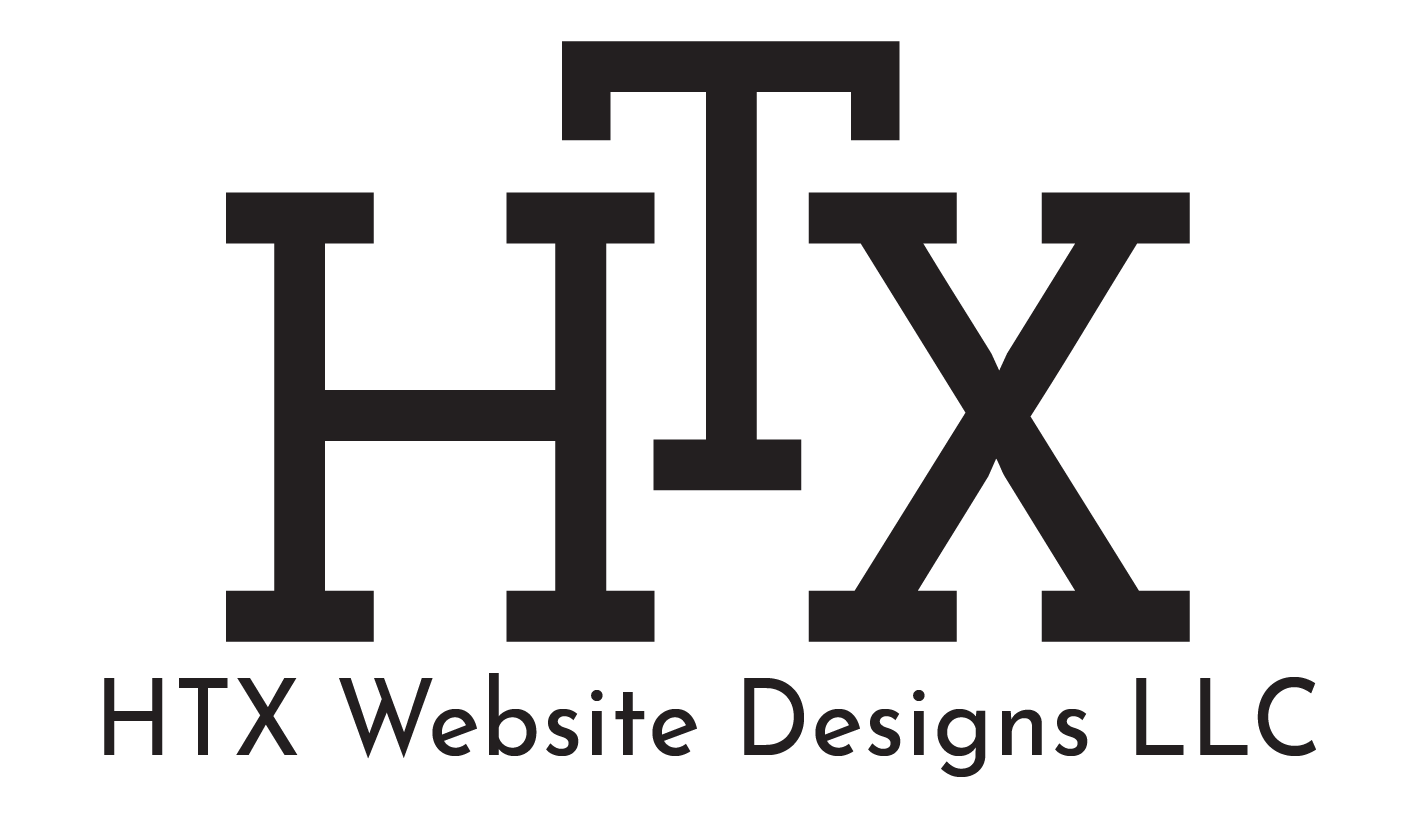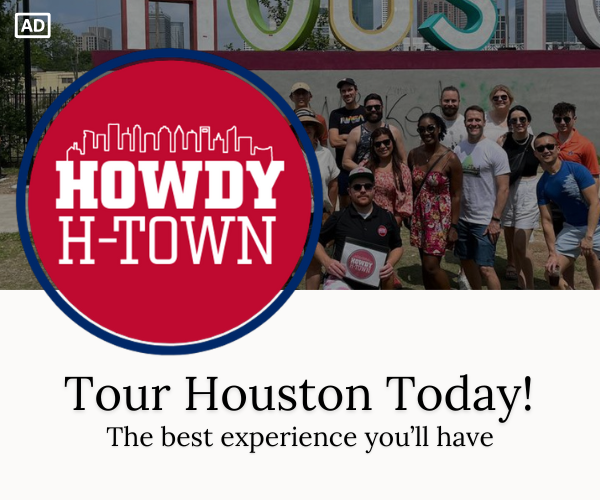How to improve your SEO for your Houston area business.
- HTX Website Designs LLC,

Houston, Texas is home to a diverse and competitive business landscape. With a population of over 2.3 million, Houston is the fourth most populous city in the United States. This makes it a prime location for businesses looking to establish a strong online presence and reach a wider audience. One of the most effective ways to achieve this is through search engine optimization (SEO). SEO is the process of optimizing a website to improve its visibility and ranking on search engine results pages (SERPs). In Houston, SEO is a critical component of any digital marketing strategy. With so many businesses competing for online visibility, getting to the top of the search results can be a challenge. However, with the right SEO tactics, a Houston-based business can improve its online visibility and attract more customers. Here are some key factors to consider when implementing an SEO strategy in Houston.
Keyword research is a critical step in building a strong SEO strategy. It involves discovering the specific words and phrases your target audience uses to search for products, services, or information related to your business. By understanding these search terms, you can create content that aligns with user intent and improves your visibility in search engine results. For businesses in Houston, incorporating localized keywords like “best web design in Houston” or “top Houston restaurants” can help attract local customers and improve relevance.
To refine your keyword strategy, tools like Google Keyword Planner and Ubersuggest can provide valuable insights into search volume, competition, and related terms. Additionally, focus on long-tail keywords—specific phrases with lower competition but higher intent—to capture niche audiences and drive qualified traffic.
Content Creation
Creating high-quality, relevant, and engaging content is crucial for SEO success. Businesses can benefit from creating content that is specific to their local audience. This can include blog posts, videos, infographics, and other types of content that provide value to your potential customers.
On-Page Optimization
On-page optimization refers to the process of optimizing the content and structure of your website to improve its ranking on search engines. This includes optimizing title tags, meta descriptions, header tags, and image alt attributes. It’s also important to ensure that your website is mobile-friendly, has a fast loading speed, and is easy to navigate.
Link building
Link building is the process of acquiring links from other websites to your own. This is an important aspect of SEO as search engines view links as a sign of credibility and authority. Your businesses can benefit from acquiring links from other local businesses or industry-specific websites. This helps to establish your business as a credible and trustworthy source of information. For more information see Mastering Link Building: A Path to Better SEO Without the Stress.
Local SEO: Optimizing for Local Search Success
Local SEO is essential for businesses that rely on customers in a specific geographic area. It involves tailoring your online presence to rank higher in local search results, such as “plumbers near me” or “best coffee shop in Houston.” This strategy increases your visibility to local customers, driving traffic to your website and foot traffic to your physical location. Key components of local SEO include optimizing your Google My Business (GMB) profile, creating local citations, and earning local backlinks.
Key Strategies for Local SEO Success:
-
Optimize Your Google My Business (GMB) Profile
- Ensure all information is accurate, including your name, address, phone number (NAP), hours, and business category.
- Add high-quality photos, respond to customer reviews, and regularly post updates or promotions to your GMB profile.
-
Create and Manage Local Citations
- Local citations refer to mentions of your business on directories, websites, or social platforms.
- Ensure consistent NAP information across directories like Yelp, Bing Places, and Apple Maps to boost your credibility and rankings.
-
Earn Local Backlinks
- Collaborate with other local businesses, sponsor events, or engage with community organizations to earn high-quality backlinks.
- Participate in local press opportunities or contribute guest articles to local blogs and publications.
Commonly Used Resources for Local SEO:
-
Google My Business (GMB): Essential for managing your business listing and appearing in Google’s local pack and Maps results.Link to GMB Setup Guide
-
Moz Local: A tool for managing and ensuring the consistency of local citations across directories. Moz Local
-
BrightLocal: Provides tools to monitor local SEO performance, manage reviews, and analyze competition. BrightLocal
By implementing these strategies and using the right tools, businesses in Houston can enhance their local SEO efforts, attract more local customers, and gain a competitive edge in their community.
Analytics and Reporting
Analytics and reporting are essential for measuring the success of your SEO strategy and making data-driven decisions. In Houston, businesses can benefit from using analytics tools to track their website traffic, keyword rankings, and other metrics. This helps to identify areas of improvement and make adjustments to your strategy as needed. SEO is a critical component of any digital marketing strategy in Houston. By conducting keyword research, optimizing your website, creating high-quality content, building links, focusing on local SEO, and using analytics and reporting, you can improve your online visibility and attract more customers. It’s important to work with a reputable SEO agency that understands the Houston market and can help you achieve your business goals. With the right SEO tactics in place, your business can stand out in the crowded Houston market and reach a wider audience.
Related Topics


Mastering Link Building: A Path to Better SEO—or Just Another Digital Hoax?

Site Map
Topics



